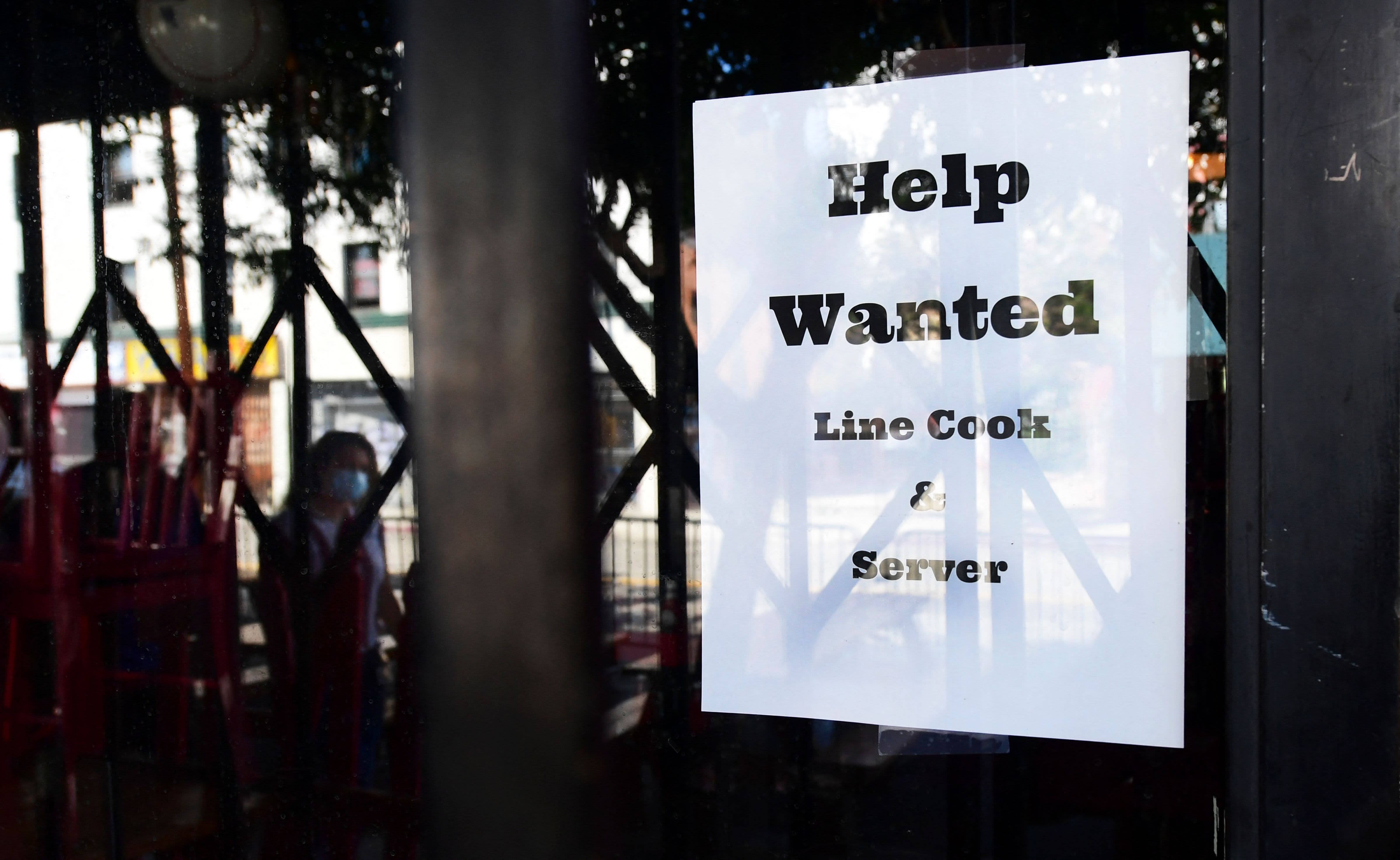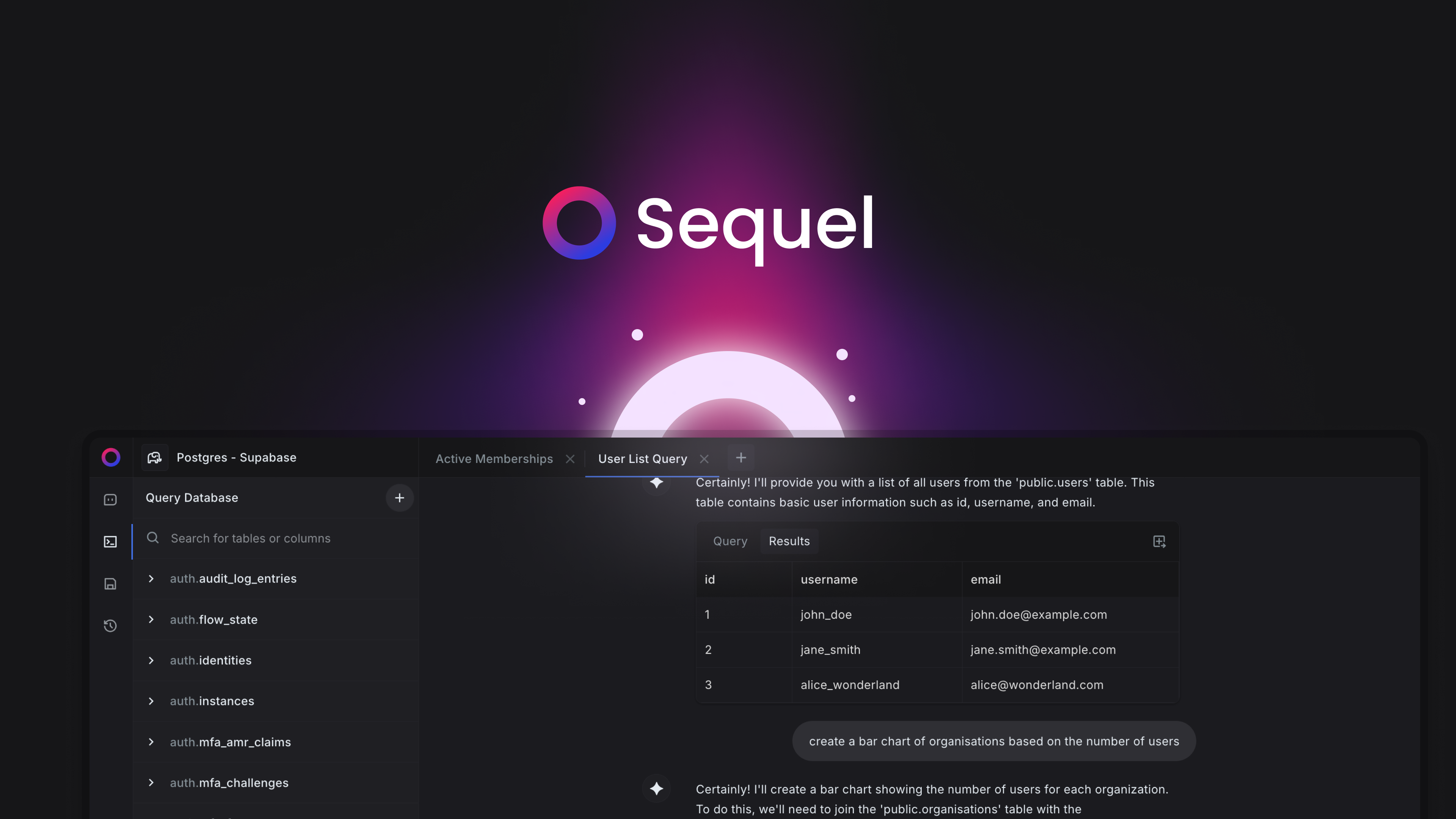
Probabilistic Early Expiration in Go
I often end up in situations where I need to cache this or that. Often, these values are cached for a period of time. You’re probably familiar with the pattern. You try to get a value from cache, if you succeed, you return it to the caller and call it a day. If the value is not there, you fetch it(most likely from the database) or compute it and the put it in the cache. In most cases, this works great. However, if the key you’re using for your cache entry gets accessed frequently and the operation to compute the data takes a while you’ll end up in a situation where multiple parallel requests will simultaneously get a cache miss. All of these requests will independently load the from source and store the value in cache. This results in wasted resources and can even lead to a denial of service.
Let me illustrate with an example. I’ll use redis for cache and a simple Go http server on top. Here’s the full code:












/cdn.vox-cdn.com/uploads/chorus_asset/file/25472454/STK270_GOOGLE_MAPS_D.png)











